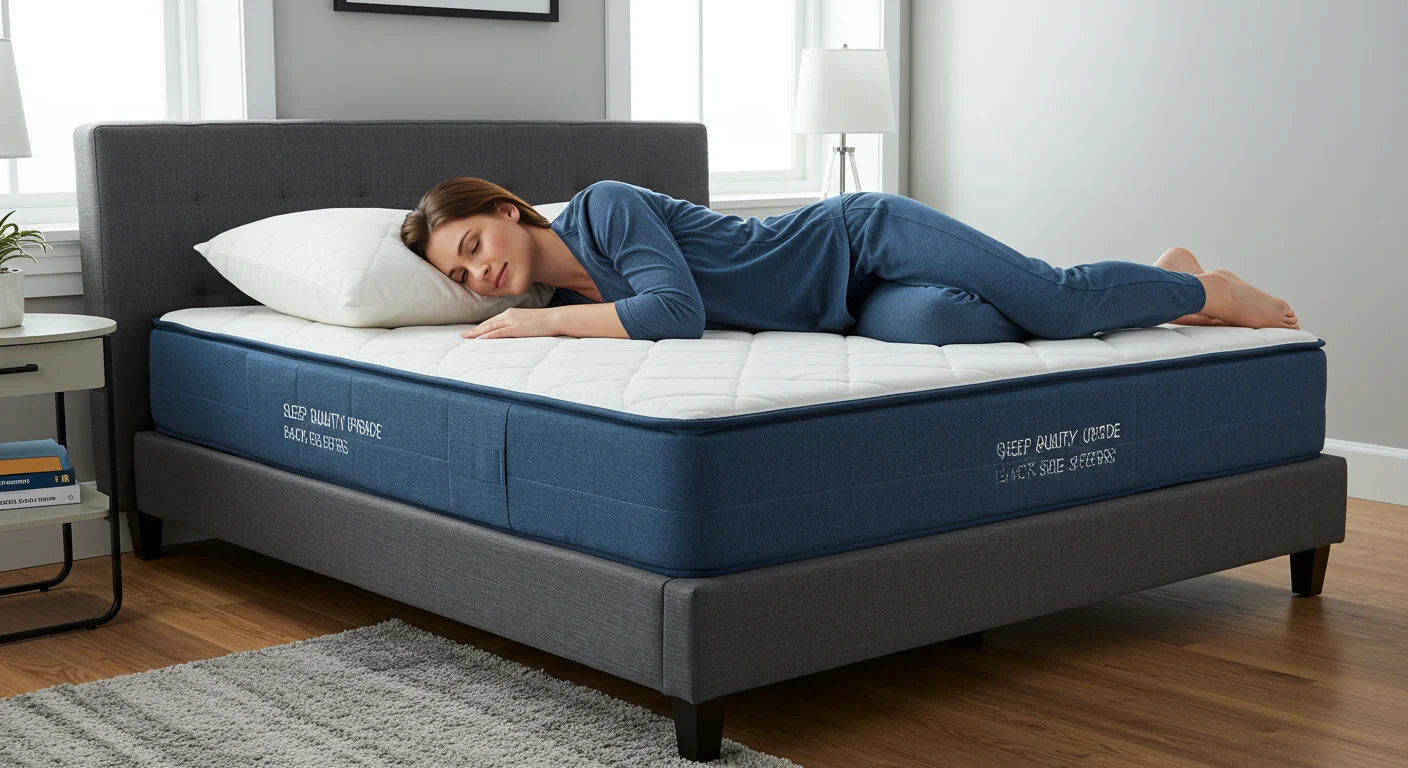
What Your Sleep Tracker Is Trying to Tell You
You’ve strapped on the device and dutifully check your sleep score each morning. But beyond a simple number, your sleep tracker is collecting a wealth of data about your nightly recovery. Understanding these metrics is the first step toward transforming your sleep quality and, by extension, your overall health. This guide will help you decipher the signals your tracker is sending and turn that information into truly restorative rest.
Decoding the Sleep Stages: Light, Deep, and REM
Your night is divided into cycles of different sleep stages, and each plays a critical role. A good sleep tracker will estimate how much time you spend in each. Light sleep typically dominates the night and is important for memory consolidation. Deep sleep is when your body focuses on physical repair, muscle growth, and cellular cleanup. Finally, REM (Rapid Eye Movement) sleep is crucial for emotional regulation, learning, and dreaming. Seeing a consistent lack in one area, like Deep sleep, might suggest that stress or late-night meals are impacting your physical recovery.
Beyond the Basics: Vital Health Metrics
Modern sleep trackers monitor more than just movement. Key metrics like Resting Heart Rate (RHR) and Heart Rate Variability (HRV) provide a window into your nervous system's recovery. A consistently low RHR during sleep is generally a sign of good cardiovascular fitness. HRV measures the variation in time between each heartbeat and is a powerful indicator of your body's resilience to stress. A higher HRV often means your body is well-rested and ready to perform, while a dip in HRV could be an early warning of fatigue, illness, or overtraining.
Turning Insights into Actionable Habits
The true power of a sleep tracker isn't just the data it presents, but the behavioral changes it inspires. If your tracker shows fragmented sleep and frequent wake-ups, it might be time to assess your sleep environment for noise or light disturbances. If your REM sleep is consistently low, consider reducing evening alcohol or screen time. By correlating your daily habits with your nightly data, you can run personal experiments to see what truly moves the needle for your recovery, transforming abstract numbers into a concrete plan for better energy and well-being.
Finding the Right Sleep Tracker for Your Goals
Not all devices are created equal. Some trackers excel at providing highly accurate sleep stage detection, while others offer more robust analysis of metrics like HRV and skin temperature. The key is to choose a device that provides reliable data for the metrics you care about most. An inaccurate or inconsistent sleep tracker is worse than having no tracker at all. To find the device that best aligns with your health goals and delivers data you can trust, explore our in-depth reviews of the best sleep trackers currently on the market. Our expert team has tested the top models for accuracy, comfort, and features to help you make an informed choice.







